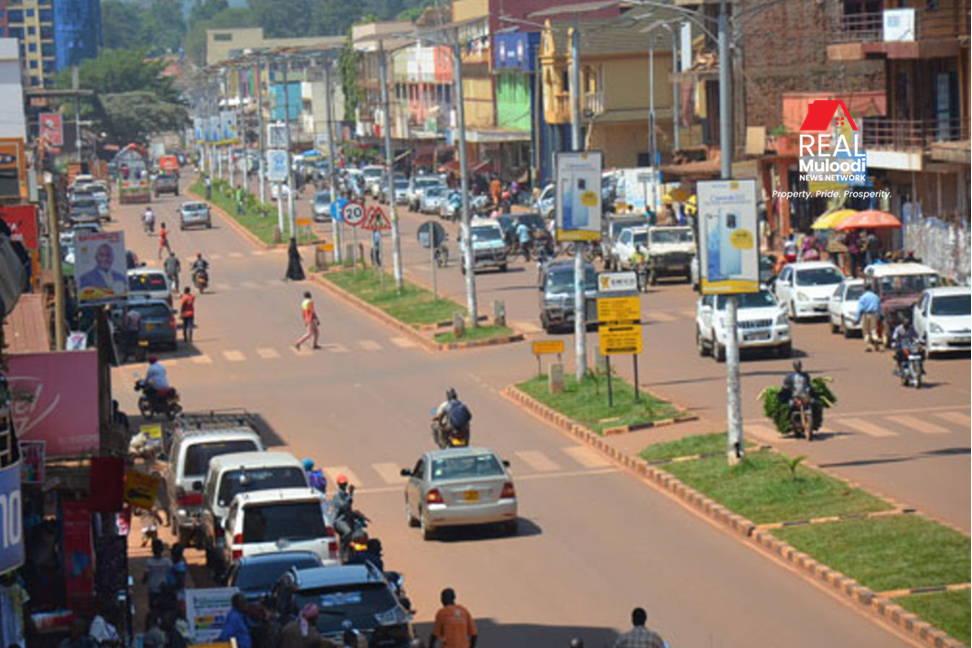UGANDA, Jinja | Real Muloodi News | Jinja City authorities have revealed a staggering loss of USh5 billion due to the failure to establish a Land Board for the past three years. This financial setback arises from the inability to collect revenue from individuals seeking land titles.
The absence of a Land Board not only impacts the city’s revenue but also hinders its overall development, as outlined in the Uganda Land Act (1998), which designates Land Boards with crucial functions such as holding and allocating land within the city.
City Mayor, Mr Peter Kasolo, expressed regret over the missed opportunities for development, stating that the city could have attracted more investors seeking titled land for their businesses if a Land Board had been in place.
The political divisions among council members have prevented the appointment of a substantive Land Board committee, hindering crucial developmental processes.
“While I have played my part by appointing members on the City Land Board, some politicians with individual interests have refused to approve them,” Mayor Kasolo lamented.
Despite his efforts, the lack of consensus among politicians has stalled the formation of the Land Board, resulting in financial losses and missed development prospects.
Jinja North City Division Mayor, Mr. Ayub Wabika, echoed these concerns, emphasising that the absence of a Land Board has disrupted service delivery in his area.
The division faces challenges related to land disputes, with approximately 500 cases awaiting resolution by the Land Board Committee.
The ongoing land disputes, coupled with the absence of a Land Board, have led to dubious land acquisitions and subsequent cancellations of titles and investments.
The financial implications are substantial, with the Jinja City Council losing revenue from land fees. The Land Application Fee, set at USh20,000, represents a significant source of income for the council.
However, due to the absence of a Land Board, the council has been unable to collect this revenue for the past three years.
Mr. Charles Nampendho, Jinja City’s physical planner, highlighted the financial impact, revealing that the council lost close to USh16 million during a period with 800 land applicants.
The background of the issue involves the Deputy Inspector General of Government (IGG), Ms. Patricia Achan Okiria, intervening in the Land Board appointment process.
In a letter dated February 8, 2022, the IGG halted the approval of proposed Land Board members, citing the need for proper procedures in the constitution of the board.
Allegations arose that Mayor Kasolo did not follow the correct procedure in presenting nominees to the Land Board, prompting the IGG’s intervention.
The Permanent Secretary in the Ministry of Local Government, Mr. Ben Kumumanya, also played a role in addressing the matter.
In a letter dated December 15, 2022, he directed the council to refrain from discussing the appointment of City Land Board members, emphasising adherence to the Local Government Act.
As Jinja City grapples with the repercussions of the absence of a Land Board, the imperative for political consensus and adherence to proper procedures remains paramount.
The financial losses and developmental setbacks underscore the urgency of establishing a Land Board to facilitate transparent land transactions, attract investors, and ensure the city’s growth.
The coming months will reveal whether the city can overcome political divisions and implement a Land Board to mitigate the financial losses and spur development.
READ MORE LIKE THIS:



